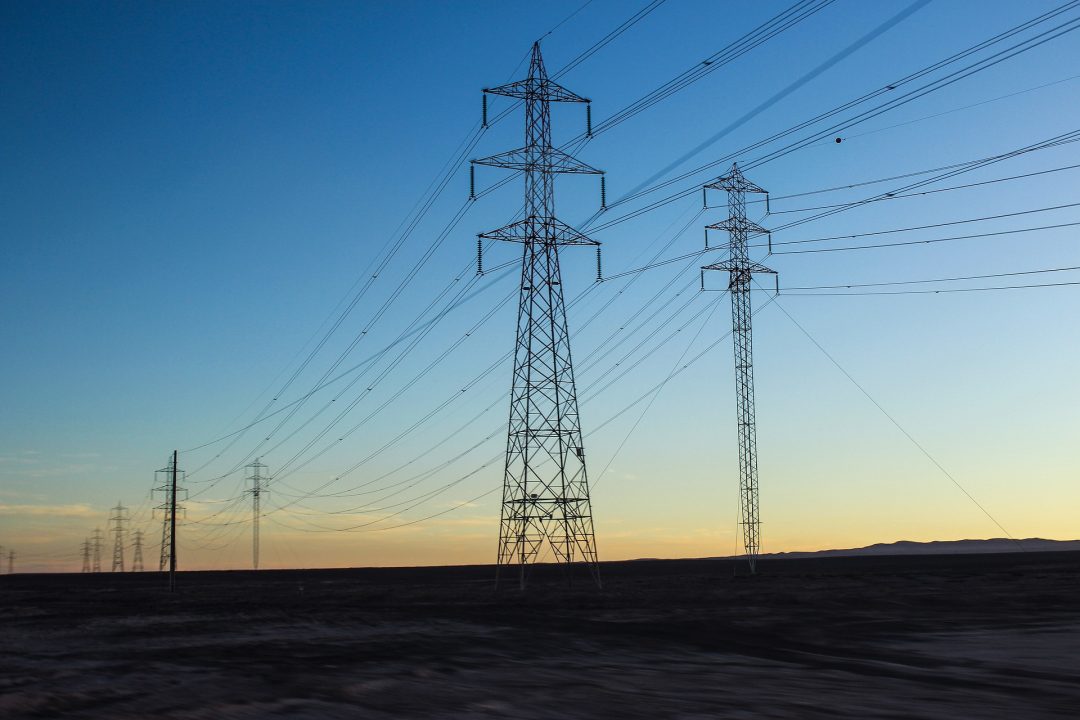Green transition
Estimating the effect of the Spanish gas price cap for electricity generation
One of the most significant measures enacted so far to moderate the escalation of electricity costs is the gas cap implemented exceptionally in Spain and Portugal. This so-called cap is a compensation paid to electricity companies using this fossil fuel to lower the price offered in the wholesale market. In doing so, it is intended […]
Manuel Hidalgo Pérez, Ramón Mateo Escobar, Natalia Collado Van-Baumberghen, Jorge Galindo
30 Sep, 2022
Read more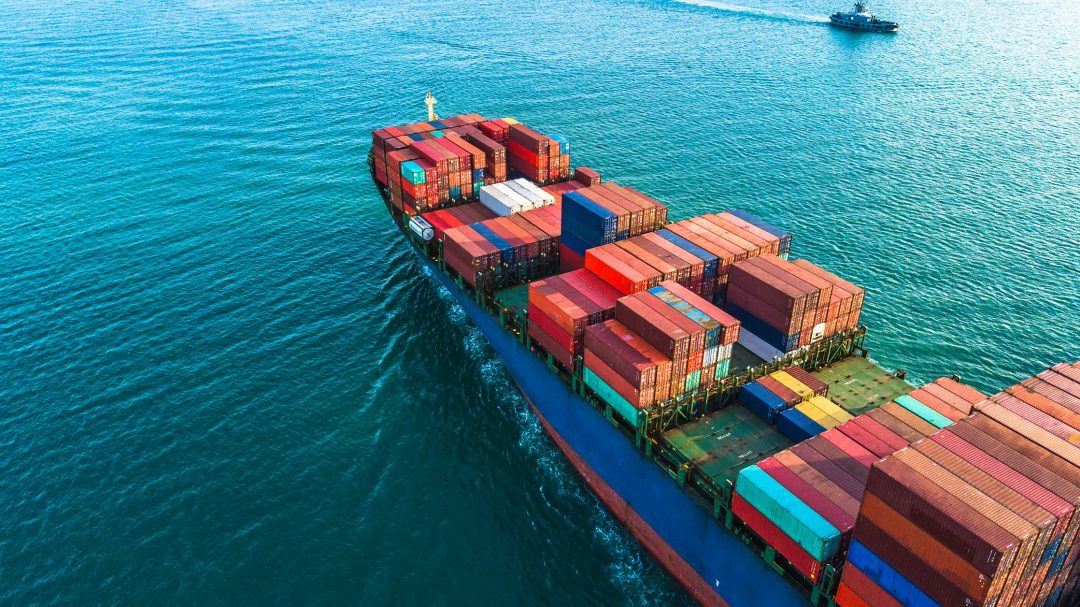
30 Jun, 2022
World trade must add to its prices the environmental costs of CO2 emissions associated with the production of goods. To this end, the European Parliament has just voted in favor of a Carbon Border Adjustment Mechanism (CBAM) to tax imported products according to their emissions, subjecting them to the same price as European goods that already pay for them in an internal market for emission allowances.
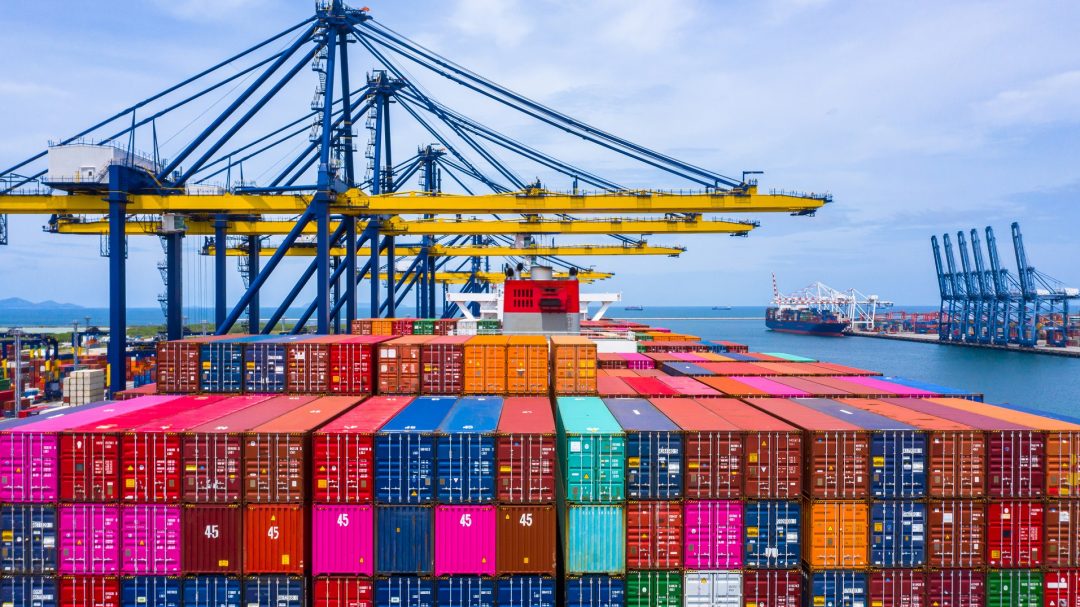
15 Jun, 2022
The European Union is working to establish a carbon border adjustment mechanism (CBAM), so that imported products pay the same price as that now paid by European producers through the existing emission rights trading system (EU ETS). The objective is to level the playing field between local producers and foreign producers that export to the […]
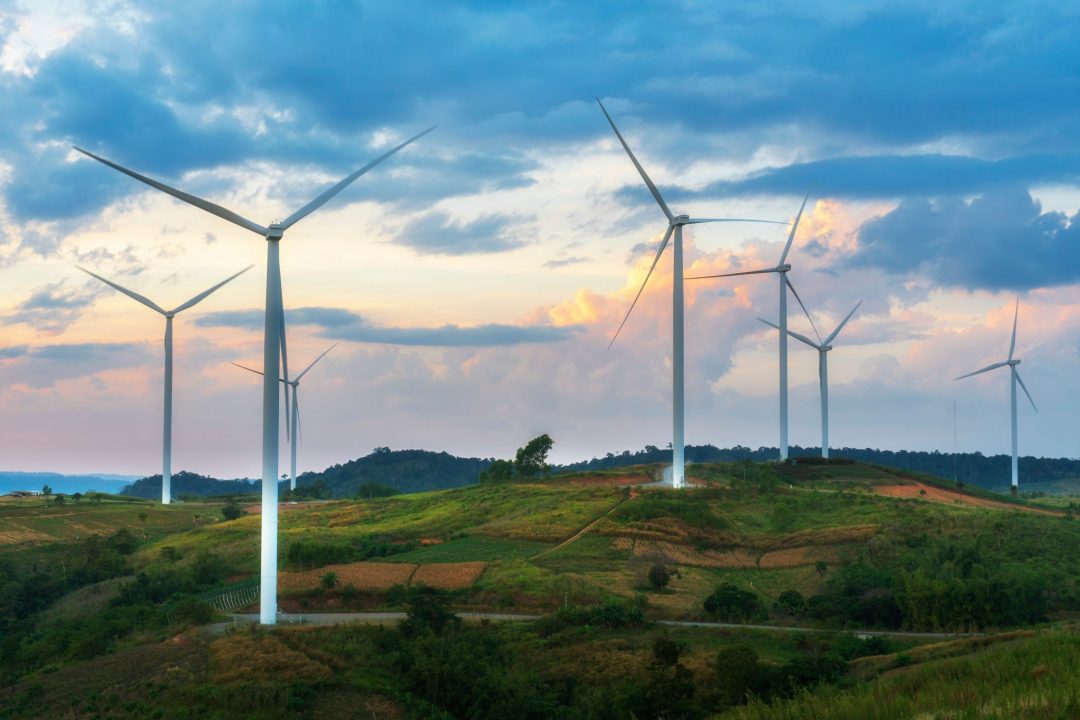
8 Jun, 2022
The new goal of ending EU reliance on Russian energy is in addition to and must be reconciled with the existing goal of decarbonising the Spanish economy. This reconciliation seems obvious in the very long term, but in the short and medium terms, it poses challenges for Spain and other countries: The immediate upward pressure […]

26 May, 2022
Spain’s buildings use around 30% of its final energy, and just over 20% of Spain’s gas. Furthermore, over a third of Spaniards are dissatisfied with their home’s insulation. At its core: 51% of Spanish primary residences were built before basic thermal insulation requirements were included in technical construction standards. In 2014, a national renovation […]

26 May, 2022
La necesidad de alinear objetivos de descarbonización e independencia energética de Rusia aumenta el requerimiento de políticas para racionalizar nuestro consumo energético. Las políticas más prometedoras para hacerlo son las que afecten al precio de la energía mediante impuestos y similares, especialmente para hogares, particulares y establecimientos comerciales, por dos razones: Mantienen la señal de […]
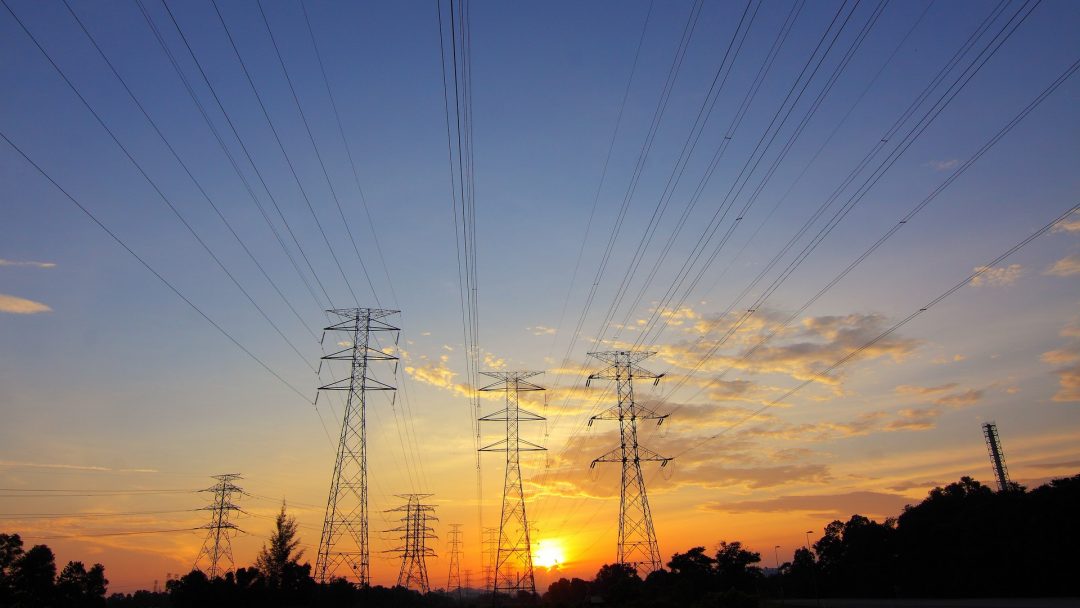
28 Apr, 2022
En una frase: tal y como recojo en este análisis de El País, el acuerdo con Bruselas para abordar la ‘excepcionalidad ibérica’ probablemente reducirá la inflación y el porcentaje de gasto energético asumido por los españoles, especialmente en los hogares más vulnerables. Sin embargo, lo hará a coste de reducir incentivos para el ahorro y […]
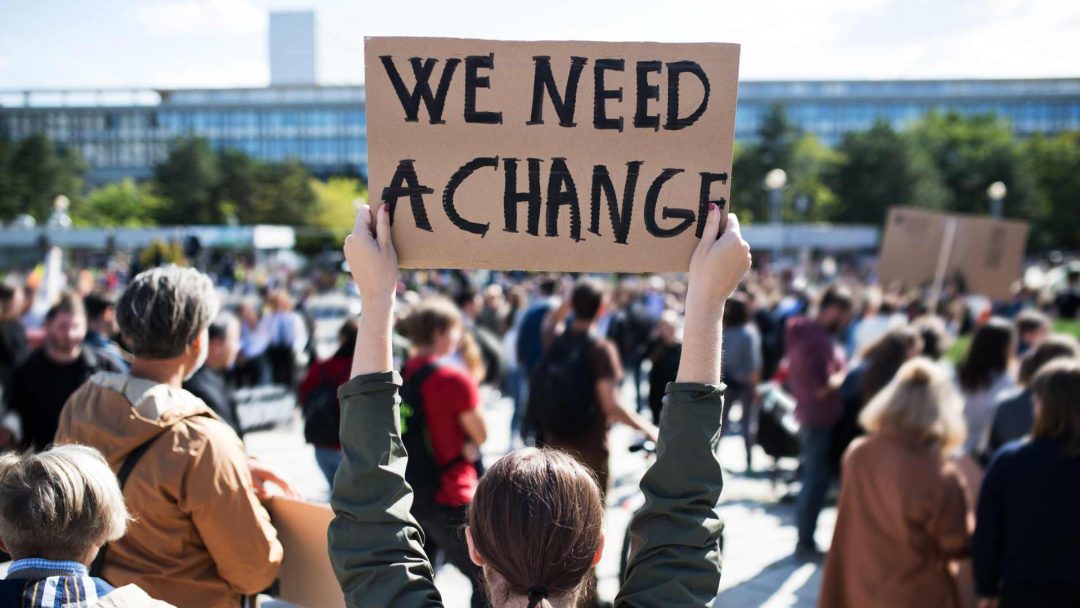
18 Jan, 2022
La atención por la sostenibilidad climática y medioambiental ha virado en los últimos años al sector financiero, que será clave en promover la transición ecológica.
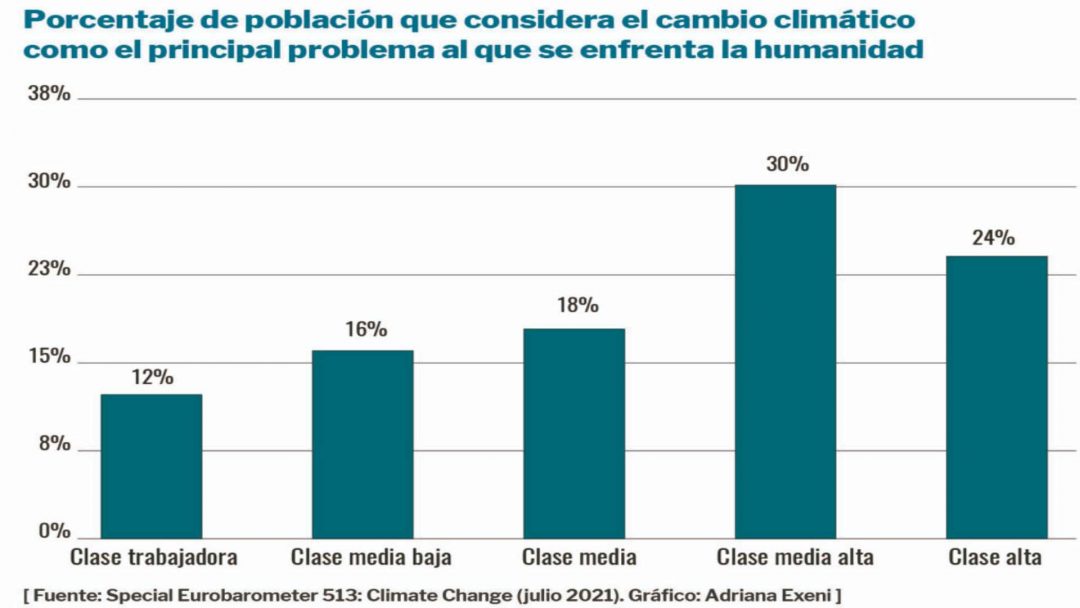
14 Jan, 2022
En noviembre de 2018, el gobierno de Francia de Emmanuel Macron anunció una subida de impuestos a los carburantes –que pasaron de 44,6 euros por tonelada a 55 euros– como señal de su compromiso con los objetivos pactados de descarbonización. Desde un punto de vista de pura eficiencia económica, la medida tenía todo el sentido. […]
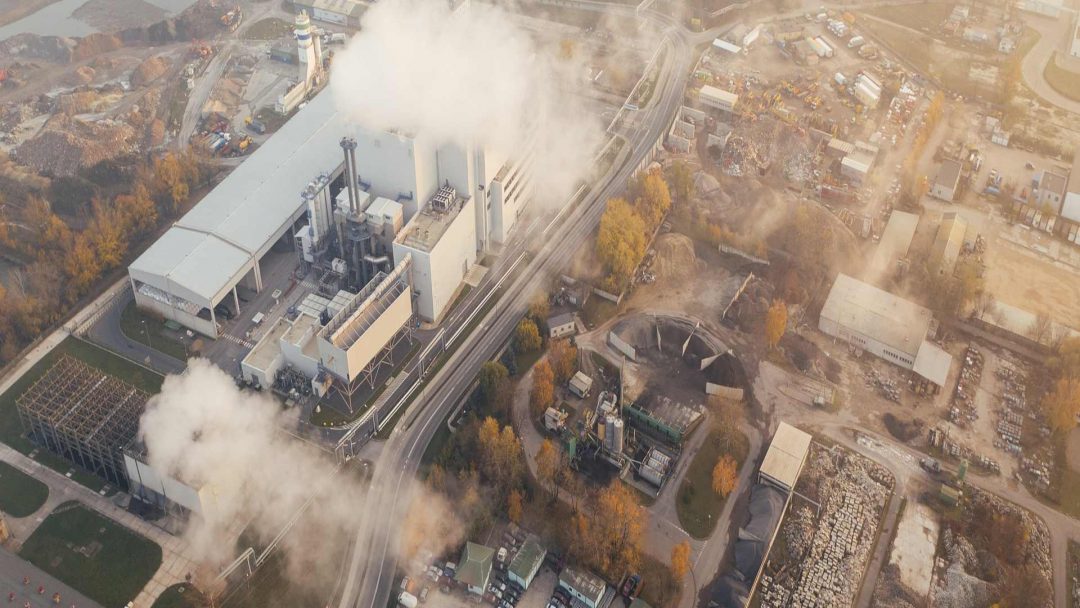
10 Jan, 2022
In one sentence: the initial report by Mohammed Chahim (European Parliament) to the Commission’s proposal to price importers’ emissions features some interesting developments but will face numerous political bottlenecks and, above all, does not tackle the fundamental problems of the EU Executive’s proposal. On the eve of Epiphany, we received the gift of the draft report sent by Mohammed Chahim, MEP, to the […]
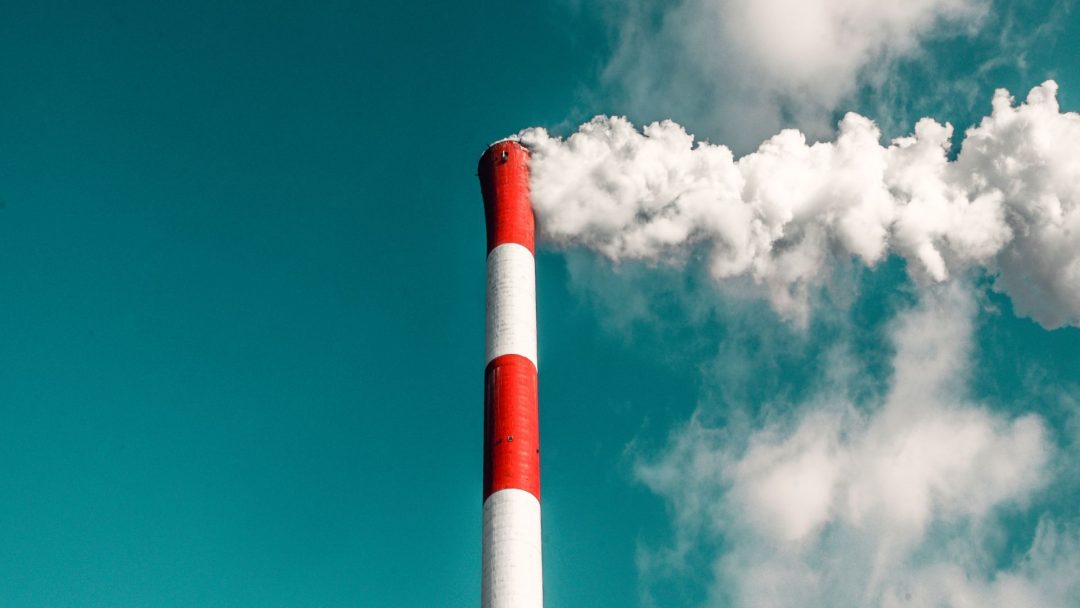
10 Dec, 2021
The European Commission proposed last July a Carbon Border Adjustment Mechanism (CBAM) devoted to tax imported products based on their carbon content, hence subjecting them to the same carbon price as European products and reducing the risk of leakage.

26 Nov, 2021
En una frase: la subida actual de precios del petróleo está determinada por decisiones de la oferta en un contexto post-pandémico, sin que se pueda discernir un efecto directo de las decisiones de descarbonización. De hecho, es posible que sea justo al revés: el contexto actual podría estar catalizando las decisiones de inversión fuera de los combustibles fósiles. La inflación interanual no […]
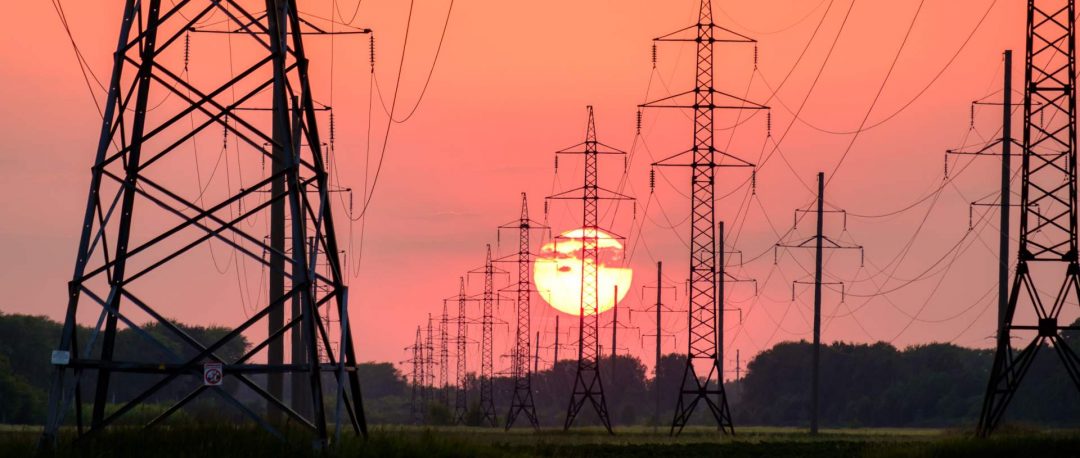
20 Nov, 2021
Para finalizar la serie, abordaremos los mecanismos complementarios más importantes para lograr el que en realidad es (o debería ser) el objetivo último de las preocupaciones políticas sobre el precio de la luz: un resultado justo y equitativo en el acceso a un bien tan básico como es la energía eléctrica. Los cargos Los cargos […]


